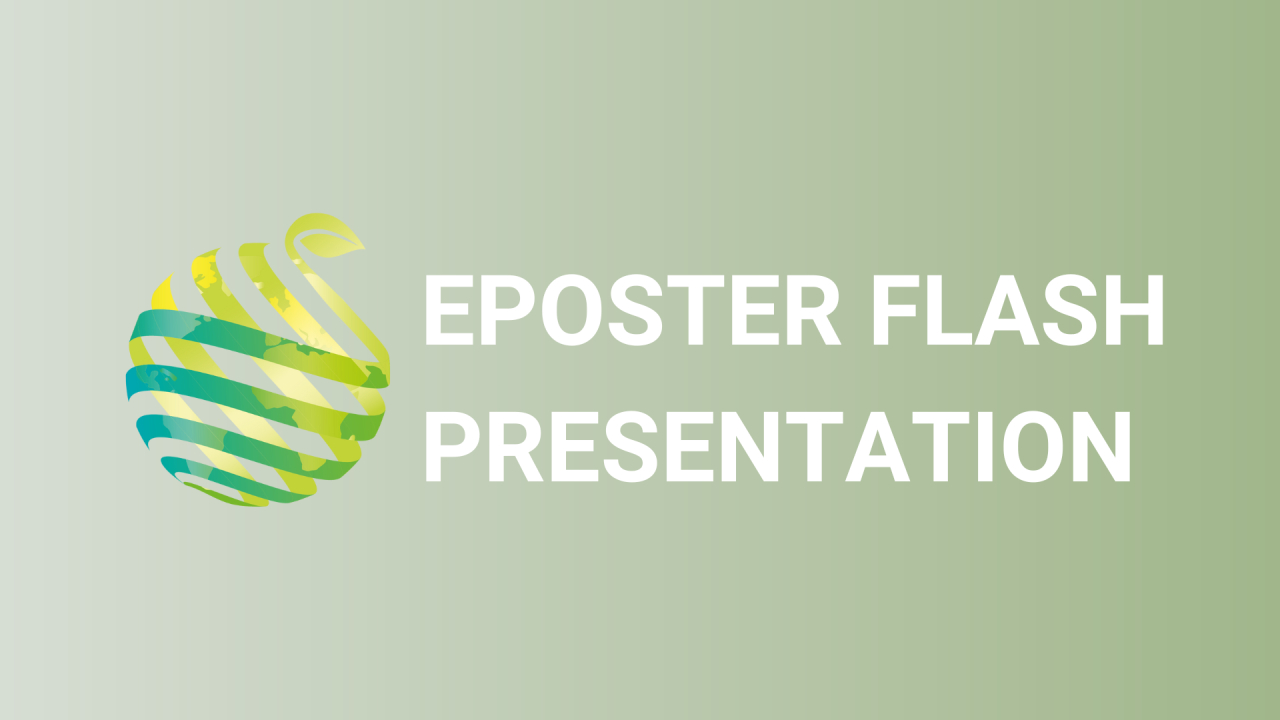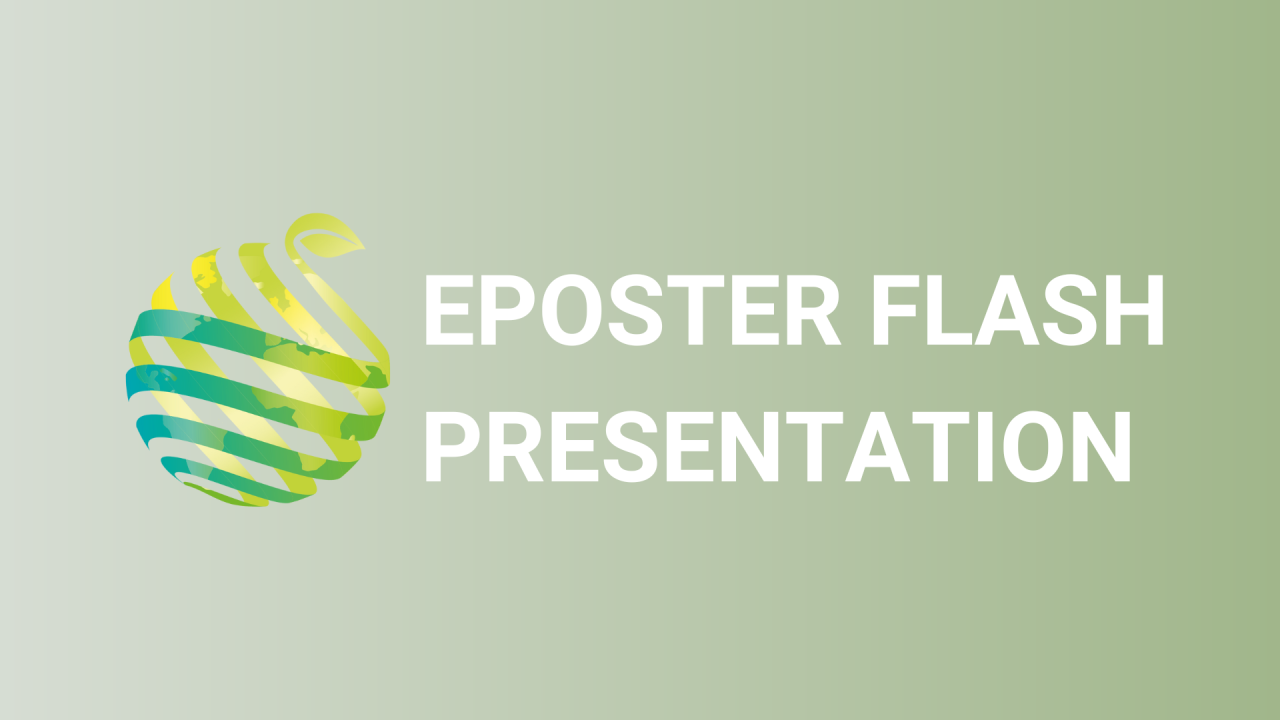

S01 - Session P10 - Breeding for cider apple varieties in France
Information
Authors: Marie-Cécile Vergneaud *, Rémi Bauduin, Yann Gilles, Bernard Petit, François Laurens
The French cider apple industry is specifically dedicated to the production of French cider and juices. As a consequence, «cider» apple varieties are distinctly different from «fresh-dessert» apple varieties. The main priority for producers is to plant varieties that are less susceptible to pests and diseases, and are highly productive and regular bearing. Climate change is also of an increasing concern for most cider producers. Another main characteristic of French cider orchards is their high genetic diversity: on average about 10 to 15 varieties per farm. In terms of organoleptic quality, in contrast to dessert apples, fruit attractiveness nor taste are major selection criteria: processors are looking for technical quality criteria, such as sugar, acidity, polyphenol content and high juice extractability. In 1987, the French Technical Center for Cider Apple (IFPC) and INRAE started a cider apple breeding program to reach the goals of the cider supply chain. INRA helped IFPC with methodology and progenitors, and transferred its breeding expertise to IFPC, which helped with hybridization and performed all phenotypic assessments in the trial orchard. Since 1987, 115 crosses have been made, 65,000 seeds harvested, and 5 new varieties released. This e-poster will detail the different selection steps of the breeding program and will highlight the added value of the collaboration between INRAE, IFPC and the French cider apple supply chain (growers, processors, cooperatives).